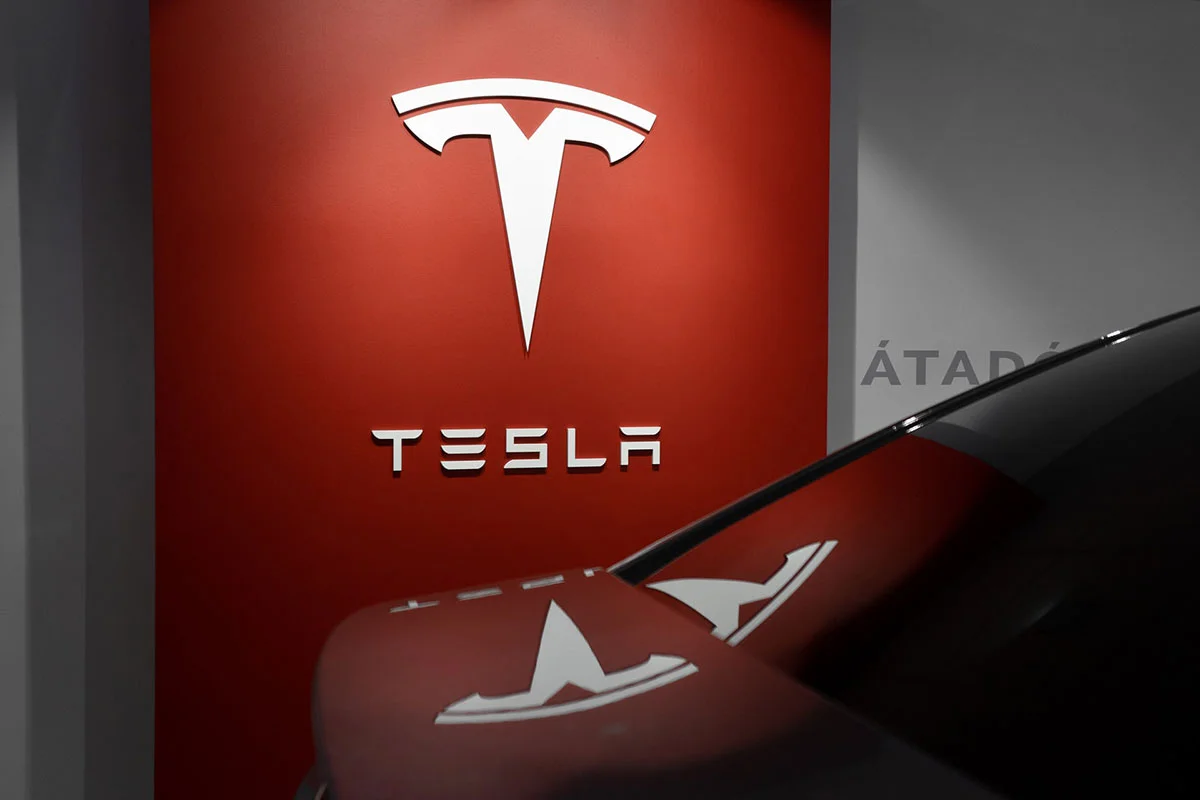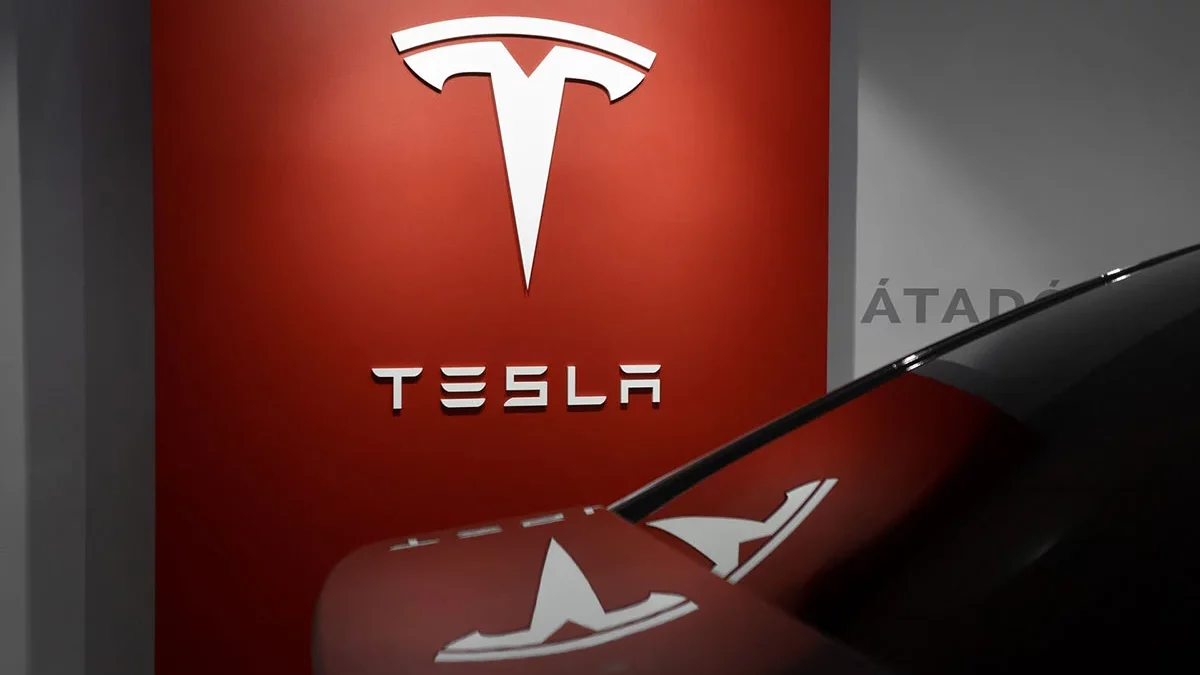


The Difference Between Small Caps and Penny Stocks
January 10, 2024


Troy Minerals Expands Opportunities with New Claims in Lake Owen Project
January 23, 2024Tesla on a high: But when the air gets thin, the moment of truth comes for everyone at some point
Tesla is on a high, but Frank Thelen is considered a level-headed man. He has worked hard to earn his reputation as Germany’s top tech guru, becoming a multi-millionaire by investing in successful technology start-ups and proving that he has the right investor’s nose. Thelen then became known to a wider audience as a judge on the VOX start-up show “”Die Höhle der Löwen””. These appearances cemented his image as the country’s most important dealmaker in the high-tech segment. Since leaving the TV show, Thelen has been working almost non-stop as a TV business commentator, talk show guest, start-up columnist and political advisor.


However, we have heard less about extremely profitable investments recently, but Thelen seems to want to establish himself as a brand. Of course, there would be no objection to this if his media statements were above suspicion. But they are not. In particular, his staccato-like advertising eulogies for the electric car manufacturer Tesla cannot be surpassed in absurdity. Sometimes you get the impression that Thelen is the Head of Public Relations for Tesla in Germany.
Let’s keep in mind: Tesla (ISIN: US88160R1014; WKN: A1CX3T) is grotesquely overvalued with a market cap of over 600 billion euros, Elon Musk has not yet been able to present a single black annual financial statement, the prospects for the global breakthrough of electromobility are mixed, the overall quality of Tesla cars is still extremely inferior, the company is on the drip of venture capitalists, politics and the stock market and the balance sheets are opaque. It is precisely this last point that Thelen celebrates when he points out that he “”doesn’t care about balance sheets”” as long as a genius like Musk is at the helm of the company.
So as not to be misunderstood: Elon Musk is certainly an impressive entrepreneur and a man of vision, and electromobility is without doubt an interesting growth market. However, anyone who, like Thelen, classifies the current stock market valuation as too low and sees Tesla as a trillion-euro company in the not too distant future has taken leave of reality or is pursuing other interests. Reality or is pursuing other interests that we are all unaware of.
Imagine if founders had stood in front of Thelen in the “”Lion’s Den”” whose business model and product he found promising, but whose company valuation was exorbitantly high in relation to turnover/profit. Thelen would have rightly done what he has always done in such cases, namely round on the startup founders and shake his head at the discrepancy between aspiration and reality. Perhaps he would have regretted not being able to invest in the company, whose business he found exciting in itself, because of the unrealistically high valuation, but if the young entrepreneurs had pointed out that this didn’t matter because they would be invested in as individuals, Thelen would have been furious, and rightly so.
But this is precisely the mistake Thelen himself is now making, along with a number of other analysts who are obviously befuddled by the rhetorical magic of Elon Musk. How can you seriously claim that balance sheets and figures are irrelevant just because the CEO is called Elon Musk? It doesn’t get any more revealing than that. Cult of personality as a substitute for analytical thinking. Frightening.
Another hero of our time, the self-proclaimed automotive pope Ferdinand Dudenhöffer, Director of the CAR-Center Automotive Research in Duisburg, is in no way inferior. Although Dudenhöffer is regarded as an independent scientist, he acts everywhere as an advocate for Tesla. His defense speeches take on bizarre forms. Nothing Elon Musk presents is wrong, Dudenhöffer is even sympathetic to the most questionable statements, as can be seen from his recent statements on Tesla’s so-called Battery Day.
We are obviously dealing with collective hysteria here, which is typically German. Because many scientists, investors and politicians believe that electromobility is the key to the transport revolution par excellence, all critical arguments are pushed aside and general jubilation is orchestrated. And everyone knows that if Tesla fails, the “”great transformation”” in the transport sector will also fail. That’s why Tesla must succeed, that’s why clever people like Thelen and Dudenhöffer regularly fall behind their own intelligence and use lines of argument that leave us speechless. The Tesla project has long since gone completely off the rails.
Last year, the global automotive sector without Tesla generated 2,300 billion dollars in sales revenue and 100 billion dollars in operating profit – and is valued at a total of 807 billion dollars on the stock exchange. Tesla, on the other hand, generated 25 billion dollars, no positive EBIT and is priced at around 700 billion dollars alone. So while the average price/sales ratio in the automotive sector is 0.35, Tesla is valued at 18 times its sales.
The share is valued at 30 times net profit for the year 2030 (!). Tesla currently generates one percent of global car sales and zero percent of industry profits – yet Tesla currently represents 30 percent of the total market capitalization of car manufacturers. The share price itself can no longer be justified even with very optimistic estimates of car sales.”
The whole Tesla hype is based on the risky assumption that electromobility will completely replace classic diesel/combustion technology worldwide in the next few years and that Tesla will become a monopolist of sorts as the only original e-car manufacturer of significance. However, this assessment is problematic, if only because it is by no means certain that e-mobility will actually be able to celebrate an unrivaled triumph. Behind the scenes, researchers have long been working on hydrogen alternatives and combustion technology is also far from being suspended; research is being carried out into optimization scenarios. The weaknesses of e-mobility are extreme.
Charging times are still far too long, the range is pathetic, the safety aspects are controversial, disposal and raw material extraction are proving to be extremely harmful to the environment. The main problem with electromobility is not the approach itself, but the fact that politicians want to offer the public a mass-market, mandatory mobility service overnight as a complete replacement for conventional drive technology with a technology that is in no way mature, a technology in its infancy.
Consumers have long since made up their minds, far removed from any reports of record sales: if subsidies are removed, nobody (apart from chic buyers and ideologically stubborn people who accept all the disadvantages in order to save the environment) will buy a pure e-car. All the figures show that the product cannot hold its own on the market. Only politicians are able to create a pseudo-market through coercion. But there is a name for this: Socialism. One of the central problems is still the nature of the battery, its service life and its performance.

